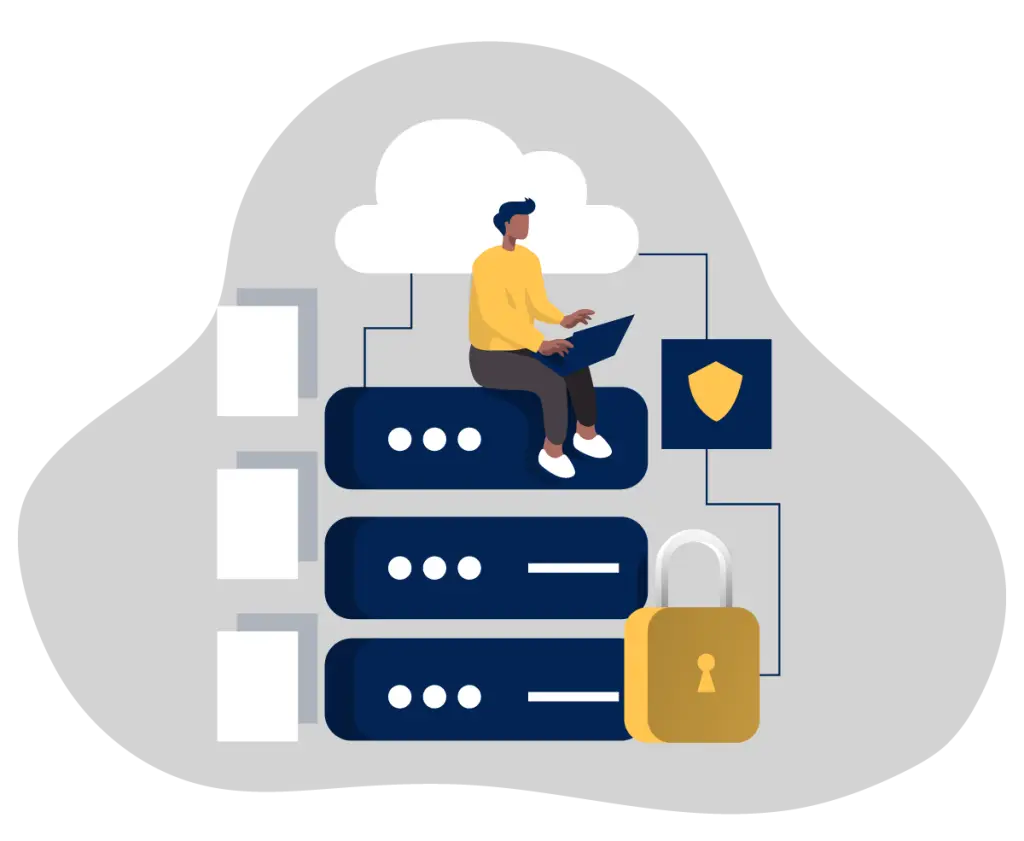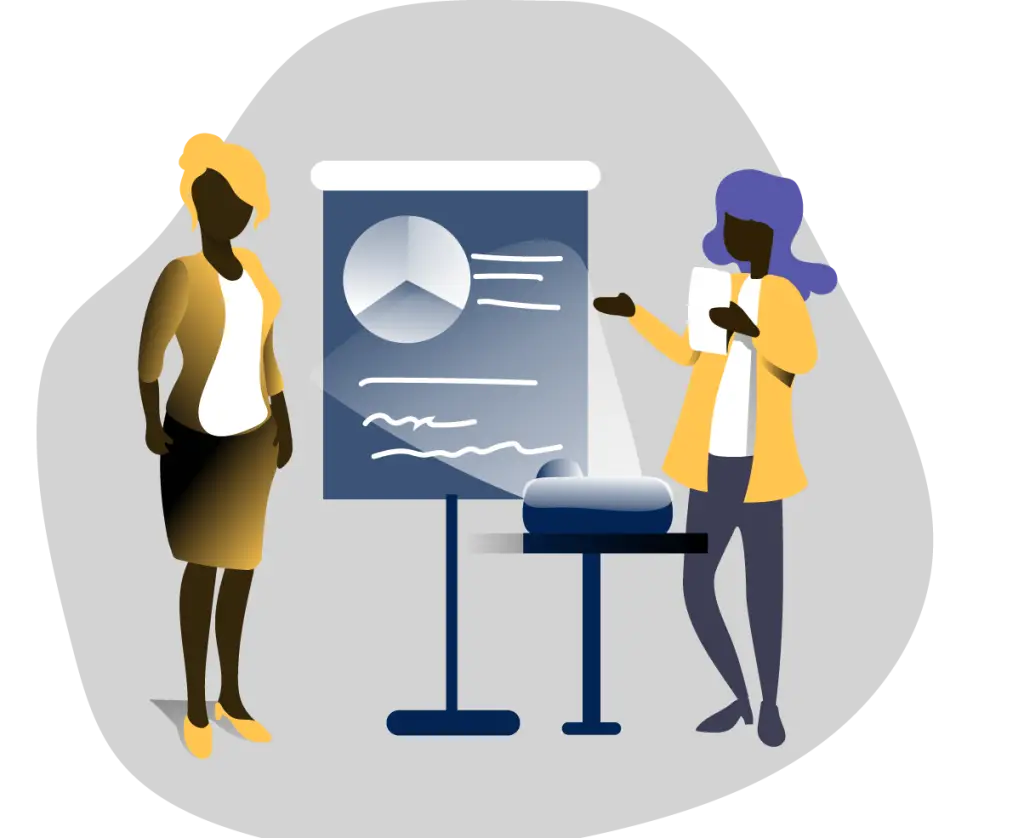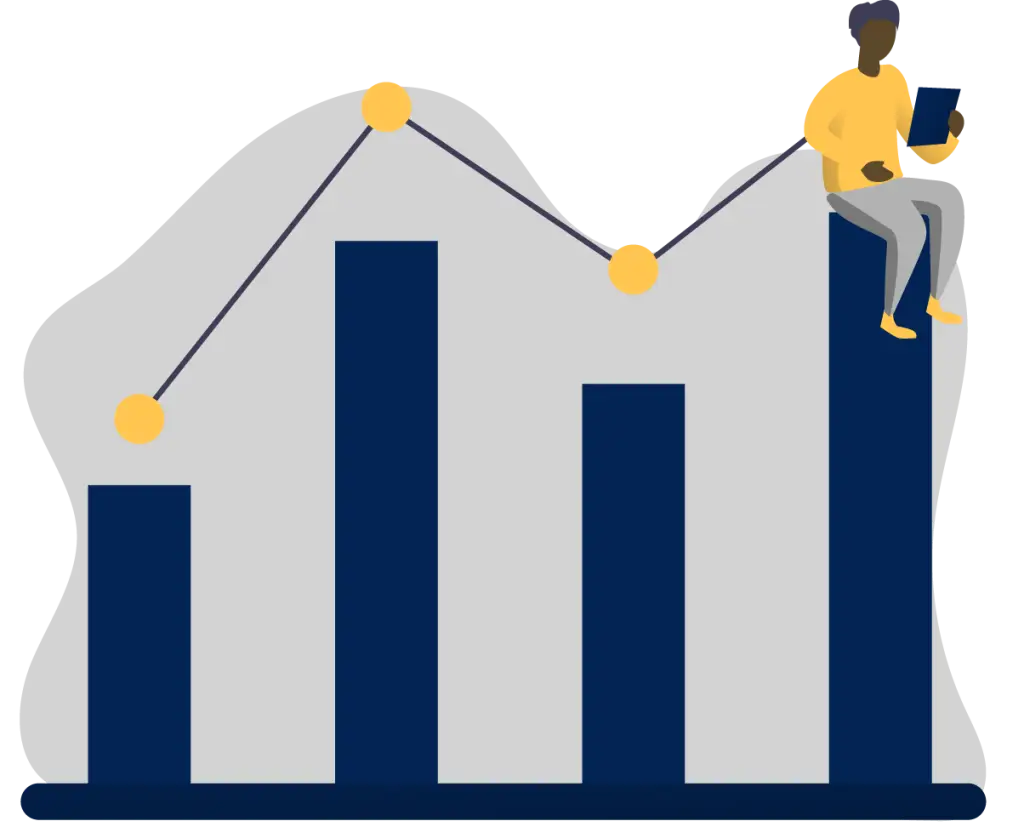Connie Tang is the Director, Public Sector and Small Business at the Catalyst. Before joining the Catalyst, Connie worked at York University in Research Impact and Toronto Metropolitan University in Research Communications and Bilingual Communications. Connie is a scientist with extensive experience in inorganic chemistry.
Cybersecurity as a lifestyle
Connie Tang is a master of analogies, and since joining the Catalyst, cybersecurity has been her subject of choice.
She likens cybersecurity to “cyber health,” in the same way we think about our health from a fitness and nutrition perspective. We know the things we need to do to be healthier. We could eat more fruits and vegetables. We could lower our stress and exercise more often. Not extraordinarily complex, and yet, still challenging for a lot of us to implement. Being cybersecure is similar – many of the tasks are not complex (e.g., MFA, password management, review of access controls…etc.), and yet, they’re challenging to prioritize and implement.
For the most part, many of us assume we’re ‘healthy’ and will continue to be,” says Connie. “And I think that’s quite similar to cybersecurity. Most of us assume we’ll be secure. But health is not guaranteed to anyone, and neither is cybersecurity.
The wake-up call
People tend to take their health seriously when they experience a health scare. Perhaps someone close to them has a heart attack. It shakes them up, and they put themselves on a meal plan and start training in the gym.
A cyberattack has a similar effect. When an individual organization has a cyberattack, it becomes the most secure. They’re doing all the right things. They’re trying to get it all figured out. They have all the experts. They’re willing to pay the money, and it’s not just the money but the attention to resources, consistency, prioritization of leadership, and cross-team training to enable that,
The Circular Challenge of Cyber Risk
Connie believes that the current positioning of cybersecurity is often defensive, viewing it as merely a cost of doing business. “That’s not the angle that resonates most with me,” says Connie. “What resonates with me is when we position cybersecurity as an offensive strategy, with a growth mindset, the thing that can give your business a competitive edge to grow.” You may gain more partnerships or enter the global market.
“Instead of framing it that you’ve got to do this to protect yourself, it’s actually, you’ve got to do this because it’s part of what it means to be better.” It is with this in mind that the Catalyst supports startups to develop a deeply informed and interconnected relationship with cybersecurity to perform as a business and/or solidify business offerings.
One Catalyst program that is deeply meaningful to Connie is the OCEI program (Ontario Cyber Excellence Initiative) in partnership with CCTX (Canadian Cyber Threat Exchange) and funded by the Ontario Government. The program has two parts: one offers cyber education for businesses to improve their competitiveness and attractiveness to supply chains, and the other is a technology-adoption program focused on supporting cybersecurity startups to meet industry needs. The other is the Cyber Challenge program for entrepreneurs. Whether a company is in advanced manufacturing, agriculture, or life sciences, they share one core concern: I want to be cybersecure. Can you help me? Connie states, “What we can do is help them.” The answer to the call? An in-depth six-week, sector-specific bootcamp, free for Ontario businesses, focused on managing cybersecurity risks and best practices for all levels of the organization.
From the center of the cyber conversation
Connie is most proud of bringing together her different teams. Her team serves many sectors, including the public sector, which includes municipalities, provincial government, government at all levels, startups, small-to-medium-sized businesses, and law enforcement. Connie is proud of bringing together teams that are serving different audiences at the service level. The team have discovered ways to learn from one another, and their programming can overlap.
She describes it as one of the few opportunities that industry partners, startups, and experts in a sector can come together and discuss cybersecurity as this common horizontal that they all experience. “Something our teams do across the board at PSSB (Public Sector and Small Business) is bring industry experts, enterprise businesses, SMEs and startups, and government together to have conversations around cybersecurity, and I think there’s been some unique insights generated because of that,” says Connie.
“My interest in cybersecurity is not solely focused on it as a distinct industry, but rather on how it functions as a supporting web that connects every sector,” says Connie. Connie is weaving that web tightly – and expanding it.
I wonder if we could talk more about what helps people be more physically healthy and then apply that to how we can help people be more cyber-healthy.







